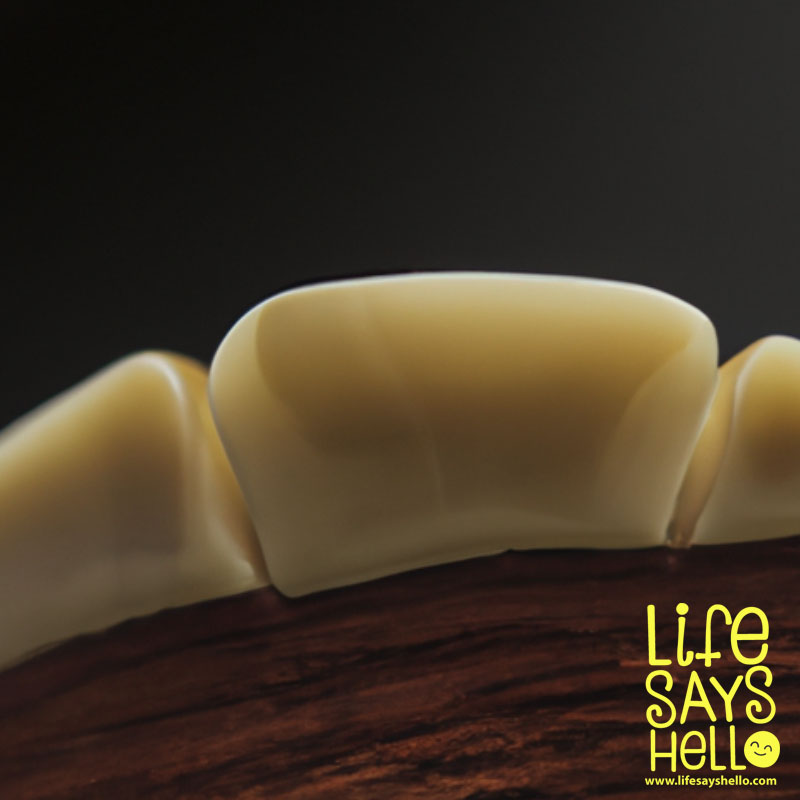Does Yeast Infection Smell? Debunking Myths and Uncovering the Facts About Vaginal Odors

Vaginal health is an essential aspect of a woman's overall well-being, and understanding the signs and symptoms of common issues like yeast infections can help you maintain optimal health. In this article, we'll explore the question, "Does yeast infection smell?" and delve into the truth about vaginal odors.
Introduction
Vaginal yeast infections are a common issue experienced by many women at some point in their lives. Caused by an overgrowth of the fungus Candida, yeast infections can lead to uncomfortable symptoms such as itching, burning, and discharge. With so much misinformation and confusion surrounding this topic, it's crucial to have accurate information about the signs and symptoms of yeast infections. In this comprehensive guide, we'll address the burning question: does yeast infection smell? We'll also discuss the reliability of using odor as a diagnostic tool and provide insights into other vaginal infections that may cause odors.
The Smell Associated with Yeast Infections
When discussing yeast infections, one of the first questions that often comes up is whether or not they have a distinct smell. The truth is that yeast infections typically do not have a strong odor or may have a very mild one. Some people who have experienced a yeast infection may describe the smell as being similar to that of bread yeast. This is because the fungus Candida, which causes yeast infections, is also responsible for the fermentation process in bread-making.
However, it's important to note that not everyone with a yeast infection will notice a smell, and the presence or absence of an odor is not a definitive indicator of a yeast infection. In fact, relying solely on odor to diagnose a yeast infection can lead to misdiagnosis and improper treatment.
The Unreliability of Smell as a Diagnostic Tool
While it's true that some people may notice a mild yeast-like smell during a yeast infection, using odor as a diagnostic tool is not reliable. This is because other vaginal infections and conditions can also cause odors, making it difficult to determine the exact cause without further examination and testing.
Moreover, each person's perception of smell can vary, making it even more challenging to use odor as an accurate diagnostic tool. For example, what one person may describe as a yeast-like smell might be perceived differently by someone else. Additionally, personal hygiene habits, diet, and hormonal fluctuations can also influence the way a person's vaginal area smells, further complicating the matter.
Other Vaginal Infections That Cause Odors
There are several other vaginal infections and conditions that can cause odors, making it crucial to be aware of the various possibilities when trying to identify the cause of an unpleasant smell. Some of these infections include:
Bacterial vaginosis (BV): This is a common vaginal infection caused by an imbalance of the naturally occurring bacteria in the vagina. BV often produces a fishy odor, particularly after sexual intercourse. Other symptoms may include thin, grayish-white discharge, itching, and burning.
Trichomoniasis: This is a sexually transmitted infection (STI) caused by a parasite. Trichomoniasis can cause a strong, foul-smelling discharge, often described as having a "rotten" or "musty" odor. Other symptoms may include itching, burning, and pain during urination or sexual intercourse.
Forgotten tampon: In some cases, a forgotten tampon can cause a foul-smelling odor, as well as discharge, pain, and even infection. If you suspect that you may have left a tampon in place for an extended period, it's essential to remove it as soon as possible and consult a healthcare professional if you experience any concerning symptoms.
When to Seek Medical Help
If you notice a fishy, foul, or otherwise unpleasant vaginal odor, it's important to seek medical help for proper diagnosis and treatment. While it may be tempting to try over-the-counter treatments or home remedies, self-diagnosing and treating a potential vaginal infection can lead to further complications and discomfort.
A healthcare professional can perform tests and examinations to determine the exact cause of the odor and prescribe the appropriate treatment. This may include oral or topical antifungal medications for yeast infections, antibiotics for bacterial vaginosis, or antiparasitic medications for trichomoniasis. In the case of a forgotten tampon, a healthcare professional can provide guidance on proper removal and care to prevent infection.
Conclusion
In conclusion, while yeast infections may have a mild odor for some people, it's not a reliable diagnostic tool for identifying the cause of vaginal odors. Other infections, such as bacterial vaginosis and trichomoniasis, can also cause odors and may require different treatments. If you're experiencing an unpleasant vaginal odor, it's essential to consult a healthcare professional for proper diagnosis and treatment.
By staying informed about vaginal health and seeking timely medical care, you can maintain optimal well-being and feel confident in addressing any concerns that may arise.




Comments